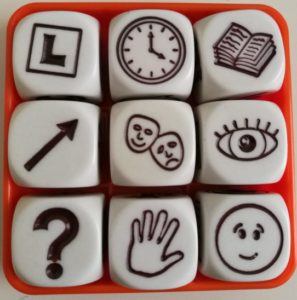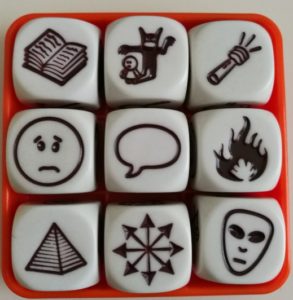“Excuse me, can you reach that?” Usually, yes. I’m six feet and four inches tall and in the 99th percentile for height in the UK. I didn’t have to work on it much, it just happened.
PhDs don’t just happen. Nobody gets onto a PhD programme, or gets through one, by being lazy or unskilled. You have to know things and you have to do things. Yet you compare yourself to others and you grow to doubt yourself. The viva comes around and you wonder, “What will the examiners think? What will they ask? How will they rate me?”
There’s a background fear in some candidates that examiners are just better. And not in a small way. “Examiners are at the 99th percentile!”
They’re six feet four, looking down on you.
Right?
I’m not so sure. It matters what you measure. Does it matter, assuming that it’s true, that your examiners are at the 99th percentile? Are you being examined on your total knowledge of your field? And if you were, wouldn’t you comfortably be in the top 90% or higher?
And what percentile are you at when it comes to more than your field? Where are you when it comes to you niche? When it comes to your research? Your thesis?
Your examiners may know a lot, and they may have experiences and knowledge that you don’t – but they don’t have YOUR knowledge and YOUR experience, or YOUR considered perspective from years of study.

